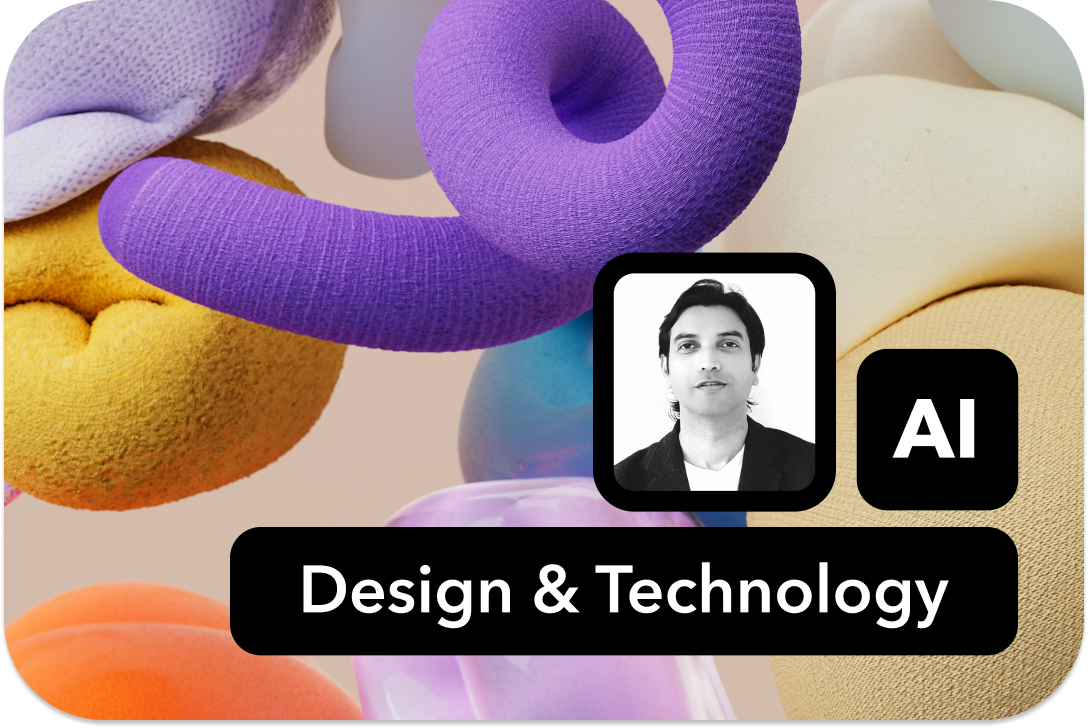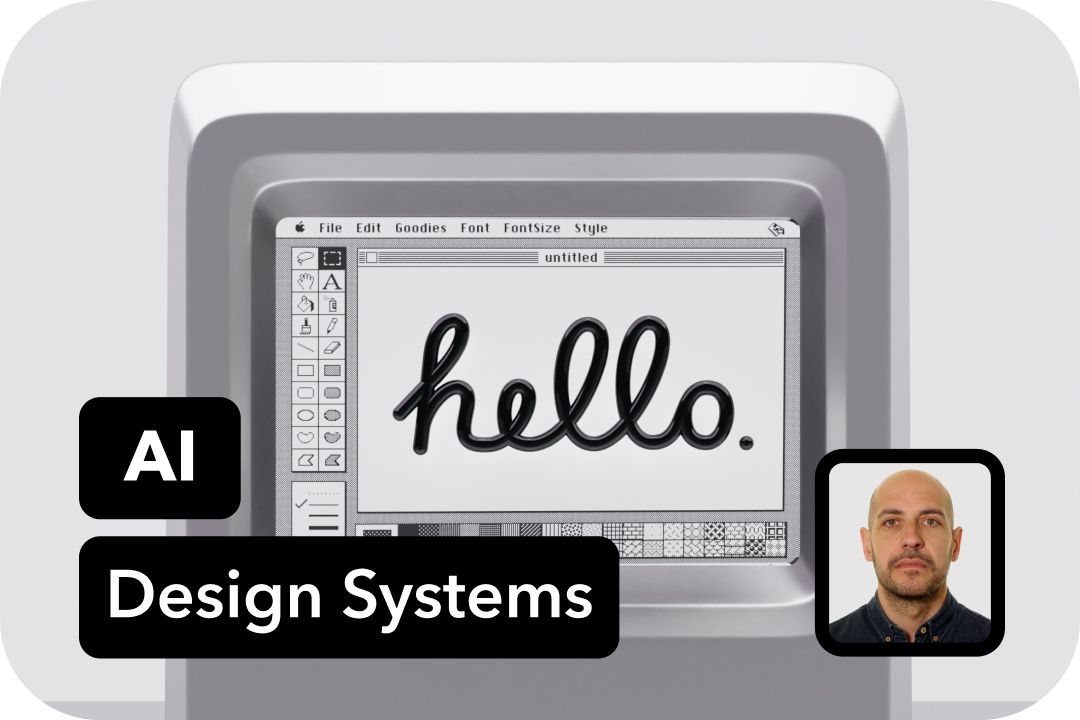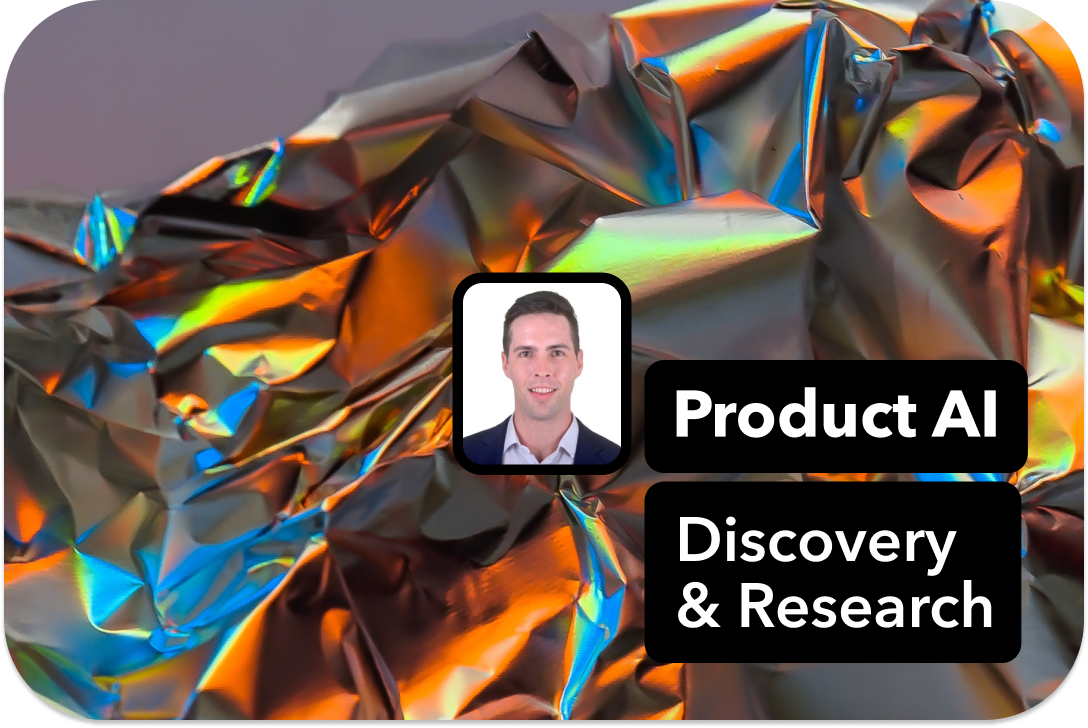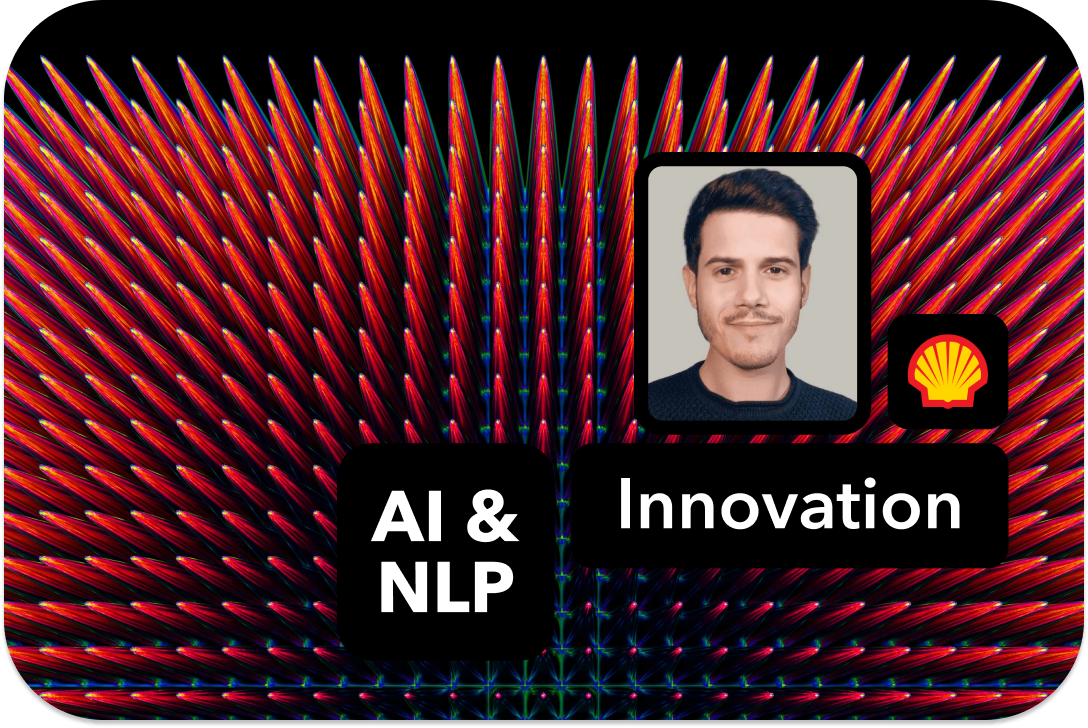LECTURE
A Digital ecosystem to lower methane 🍚💨
Taught by Kofi Boateng, Agriculture Program Officer, Global Methane Hub
& Cristhian Delgado, Computer Science, Ph.D. candidate, University of Otago
⭐️ Design3 Recommended
💬 English Subtitles
🎧 Audio-summary
⚡️ OVERVIEW:
Reducing methane gas is the fastest way to address climate change in the short term. Methane emissions have contributed to roughly 30% of current warming, causing harm to communities around the globe
Global population increase means that food production must be increased to ensure that we are all adequately nourished and powered to do well. However, current food systems have a significant effect on the environment and there is an urgent need to transform it to produce food and fiber within planetary limits.
In this lecture, we will focus on rice production, its importance in the global food system and how it impacts the environment. We will also touch on the current landscape of what is being done to ensure its sustainable production, the opportunities and barriers that must be scaled to achieve sustainable production.
🥡 KEY TAKEAWAYS:
In this lecture, you will learn:
-Why rice production is a key source of Methane (a potent greenhouse gas)
-Current strategies to mitigate methane emissions/what needs to improve
-How the design/digital AI ecosystem can contribute to making rice production sustainable.
-
Kofi Boateng is Agriculture program officer (Rice lead) at the Global Methane Hub (GMH). He has over 10 years’ experience in helping develop sustainable pathways for food production and currently at the hub, works with the agriculture program director to develop, manage and monitor results-based grantmaking to mitigate agriculture emissions globally.
Prior to joining GMH, Kofi, was a research scientist at the Council for Scientific and Industrial Research in Ghana. He has also previously worked with Ghana’s Ministry of Food and Agriculture in various capacities. He has a PhD in Agro-environmental Engineering from the Kwame Nkrumah University of Science and Technology-Ghana.
-
Cristhian Delgado, an Electronic Engineer and Ph.D. candidate in Computer Science at the University of Otago, New Zealand, specializes in creating satellite-based tools for agricultural monitoring.
Cristhian has made significant contributions to developing geospatial applications using remote sensing technologies and artificial intelligence (AI). His remarkable achievements include receiving prestigious awards, such as the coveted 2023 Google Inc. Fellowship. Serving as a leader in various research projects. Cristhian Delgado continually pushes the boundaries of knowledge, making substantial strides in digital image processing for the agricultural sector.He earned his bachelor’s degree in electronic engineering from Pontificia Universidad Javeriana, Colombia, and holds a master’s degree in engineering, seamlessly blending academic excellence with practical applications.
He has a wealth of experience as a Teaching Assistant at the University of Otago and roles at the International Center for Tropical Agriculture (CIAT).
-
This lecture is ideal for:
Those keen to understand how digital products and design can help in the fight against climate change.
Anyone keen to work in agri-tech and sustainability start-ups.
Keep learning with these related lectures
Join Design3 for free and get access to a curated set of lectures and talks.






